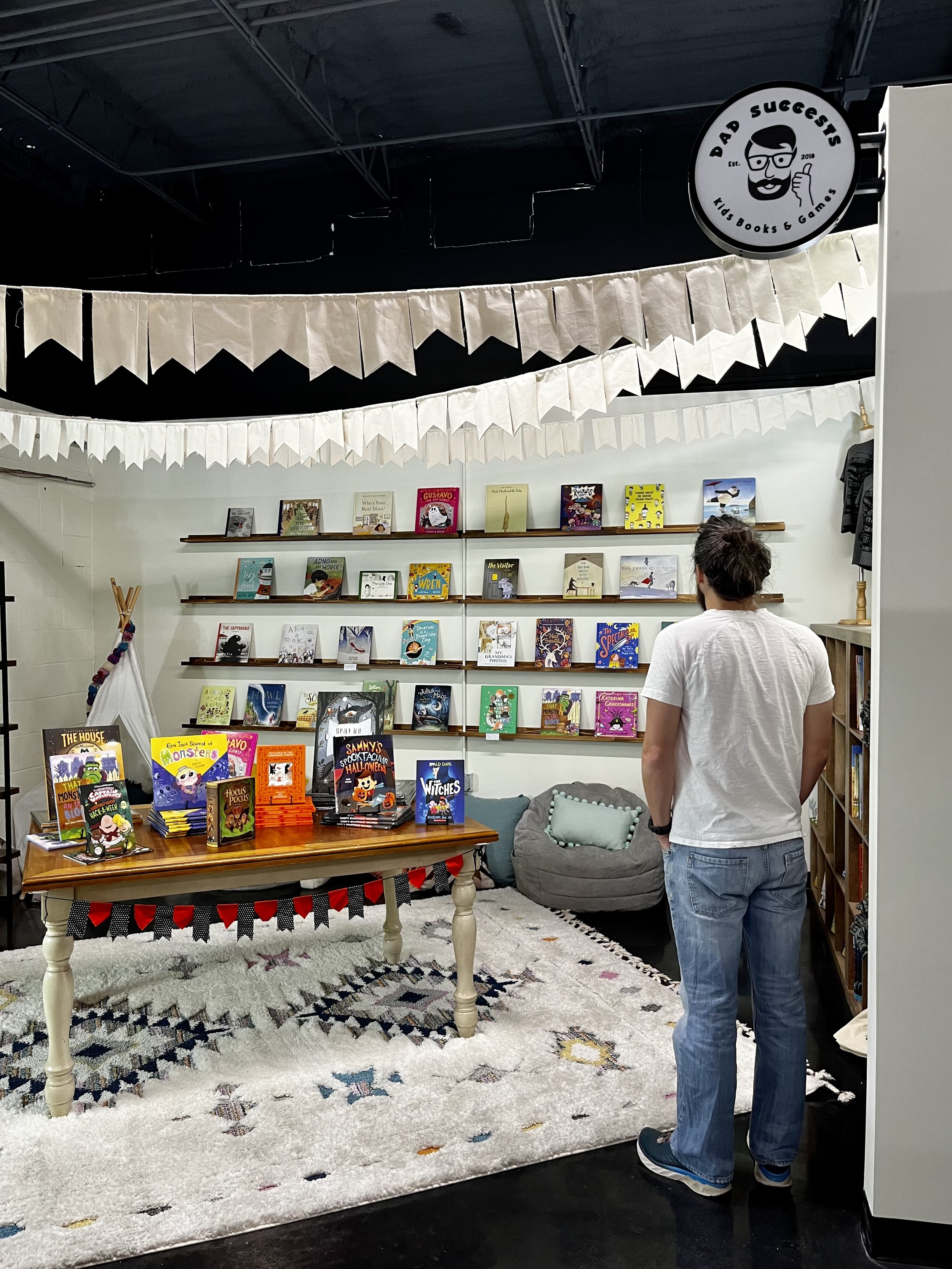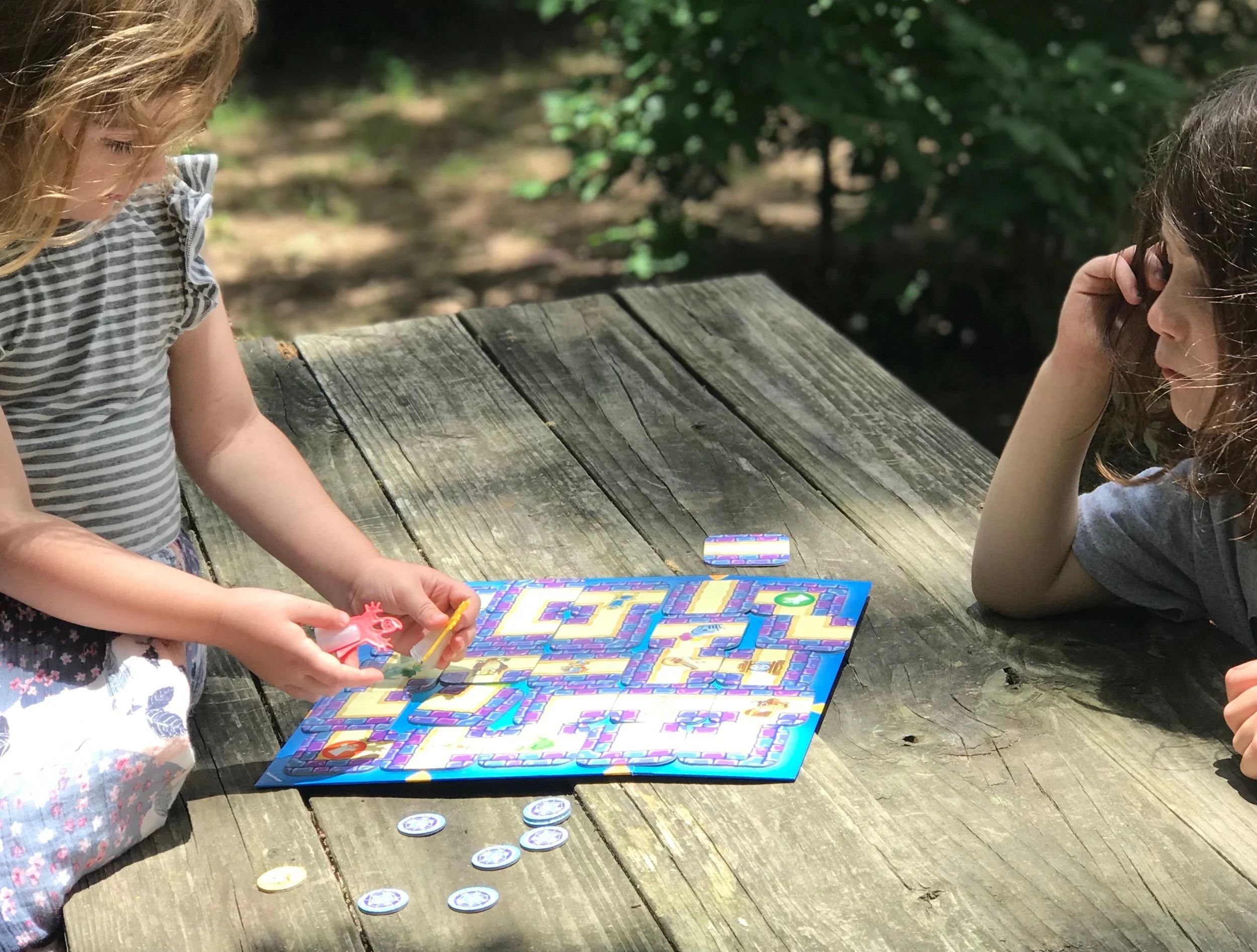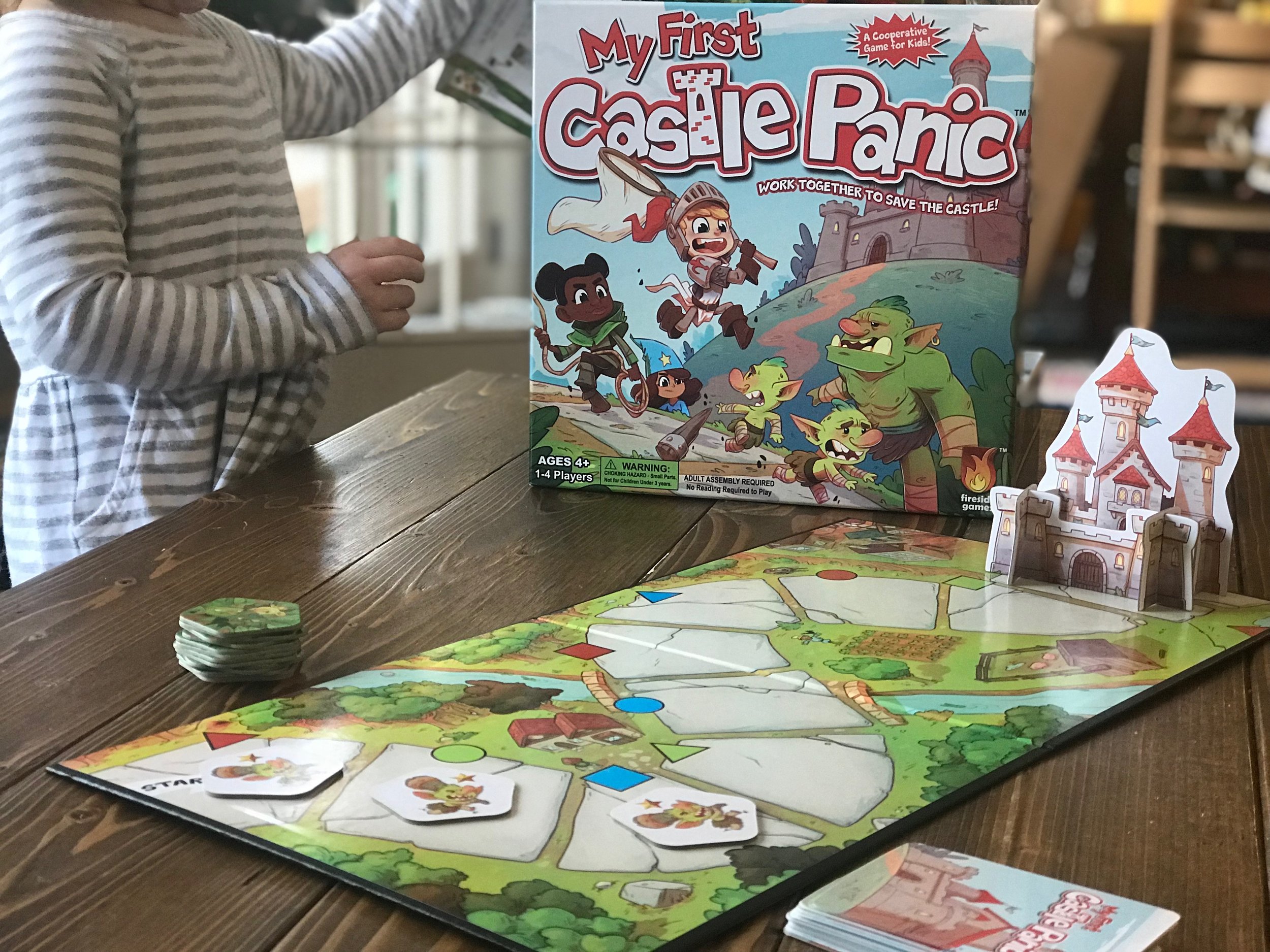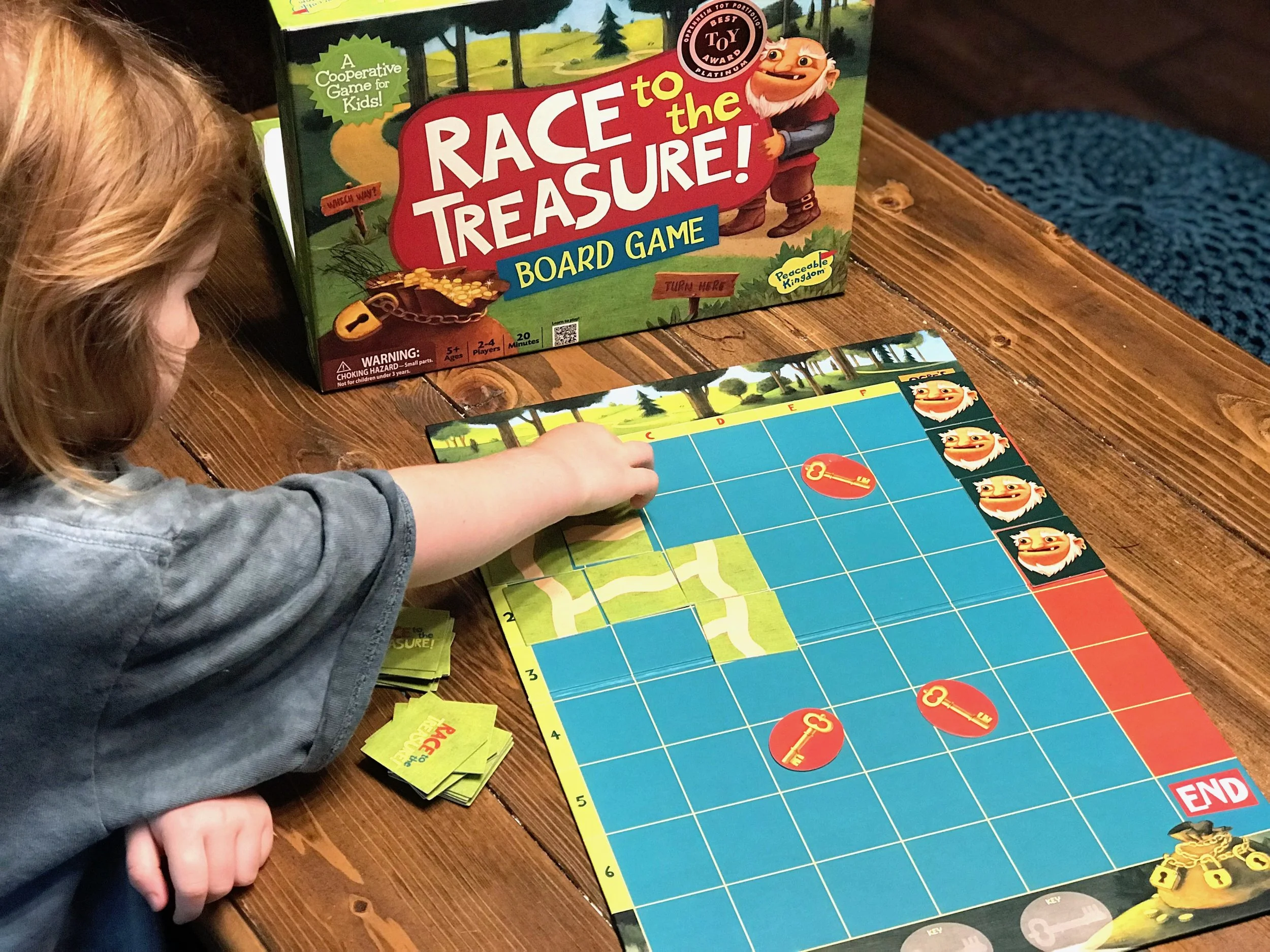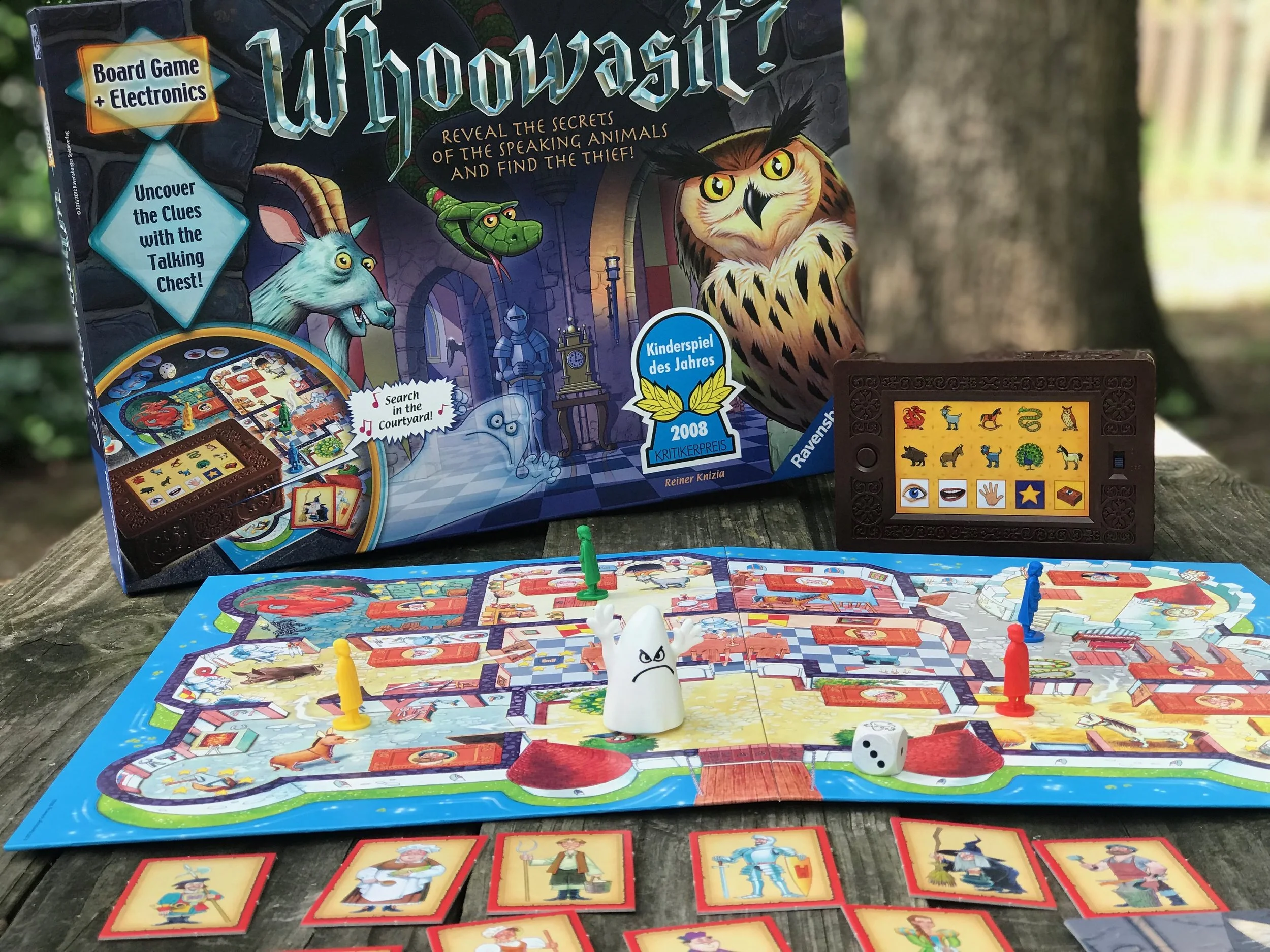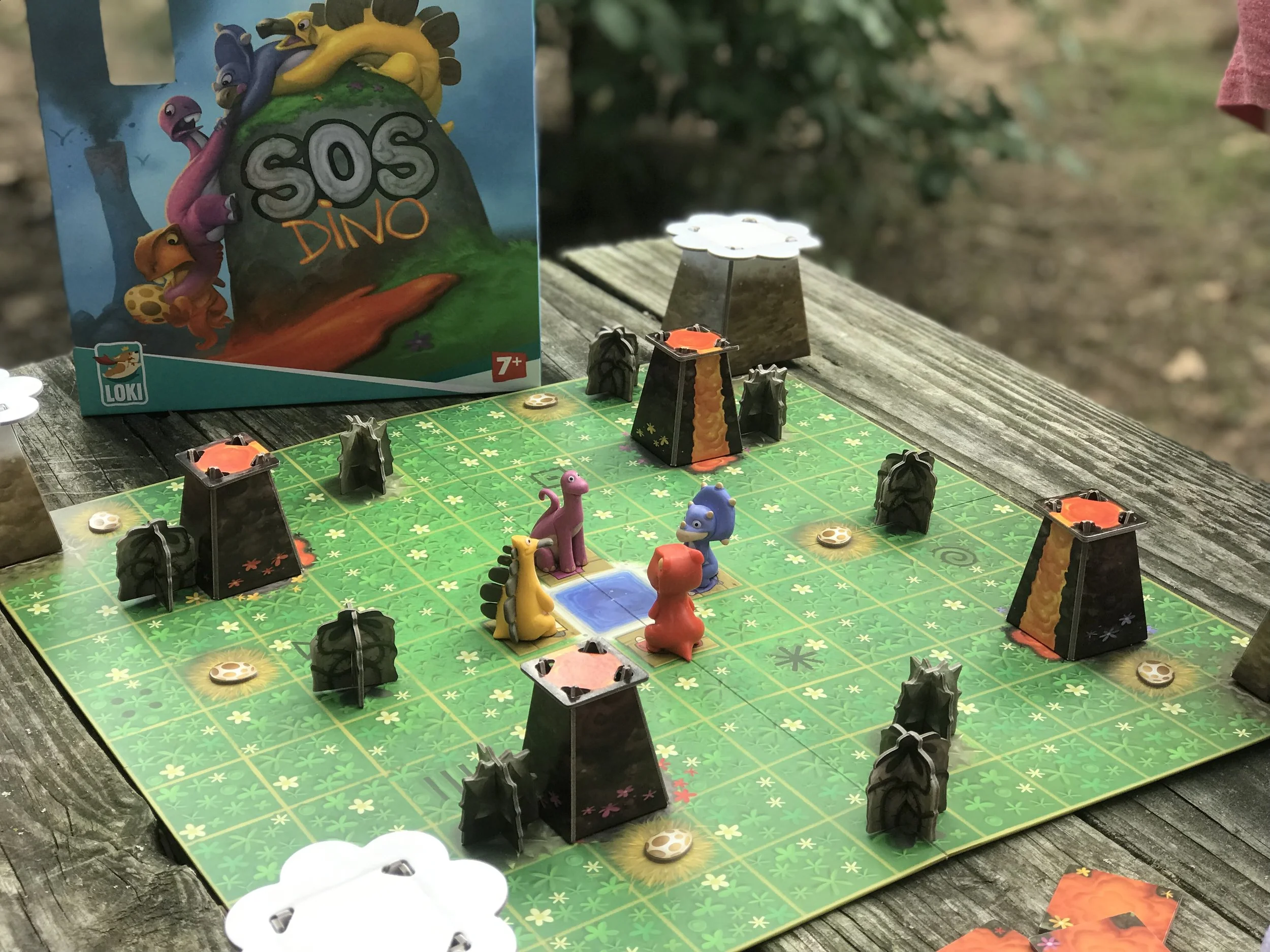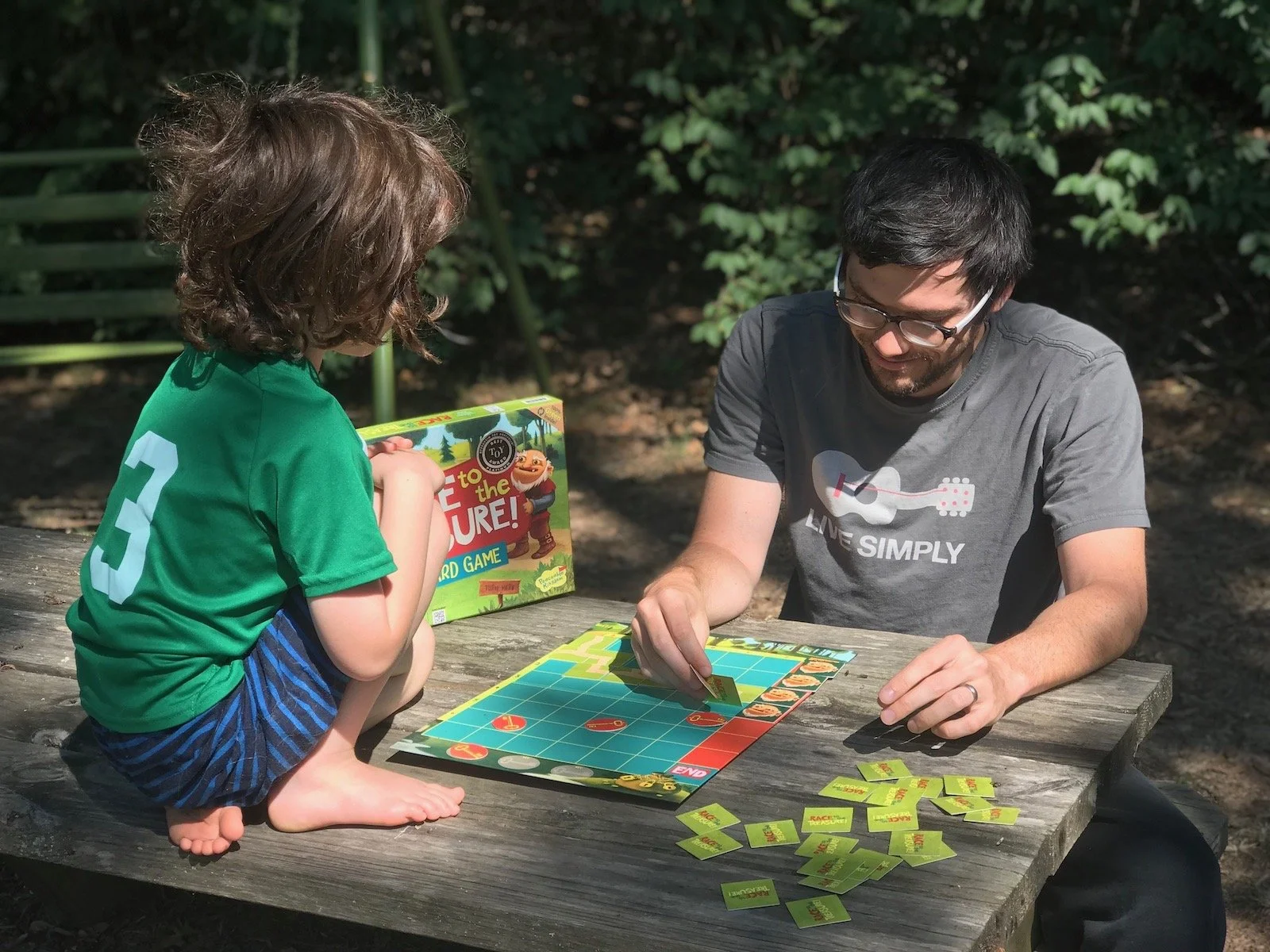How to Involve Toddlers in Family Game Night
One of the trickiest aspects of having a toddler in the house along with older kids can be something as simple as successfully navigating a happy family game night. How do you please everyone? And how can you even properly involve a 2 or 3-year-old in a board game designed with their older siblings in mind? Is it even possible to stop them from running around in circles knocking all the pieces off the table? We’ve seen it work with our own eyes, and we’ve compiled our most successful methods for involving your toddler in family game night.
Your go-to strategy of course could always be (and perhaps already is) to distract a toddler with other toys or devices. I’m not saying that doesn’t work, but, for the sake of argument, let’s assume that our goal is to include the entire family in family game night. That’s the tradition that we want to build, and it’s never too early to start a consistent family tradition.
Board games have such incredible benefits for kids too. Not only will they learn social skills like taking turns, teamwork, and communicating - but they’ll also develop planning, memory, logic, deduction, and more. With all of those benefits, it would be a shame to put off including your toddler in family game night any longer than you have to.
And that’s not even mentioning the high-quality family bonding time you get when you all play board games together. How often do you legitimately get the chance to work together on a common mission with your entire family? Experiences like that shouldn’t be underestimated - and sharing them with the entire family is what it’s all about.
And if sharing those moments with the entire family is the ultimate goal - then we definitely have to get the little ones on board too. And we don’t just want them to be there either - we want them to actually feel like a real part of the team. I hope that the ideas in this article help you achieve that goal. They worked for our family, and I hope that you will soon be sharing the love of family game night with your little gamer.
1. Let Everyone Choose A Game
We’ve had a lot of success when we allow everyone to pick one board game for a gaming session. No matter what activity you’re talking about, whenever there is choice involved there is going to be more buy-in. Kids will naturally be more engaged. Our 3-year-old absolutely loves choosing one of “her” games. And since attention span is at a premium, it’s probably best to start the gaming session with the youngest’s choice.
Games designed for very young audiences always have very quick playtimes, and they are the perfect way to reinforce what true engagement looks and feels like. On top of that your little ones will be learning the basics of taking turns, rolling dice, and other mechanics common to family game night.
Check out our list of the best board games for 2-year-olds for a good place to start.
2. Play Cooperative Board Games
Cooperative board games aren’t just restricted to the games made for little kids. Not by a long shot. Most of my very favorite board games are cooperative games. I love to play games where we have a common mission because it helps us all focus on the entire point of family game night: having fun.
And the great thing about cooperative games is that it makes it so easy to include everybody. Competitive games can be very hard for a toddler to even understand and manage by themselves - let alone try to actually win. Look at it from their perspective - where’s the fun in that? When the group is working together, strategy and logic and decision-making can be openly shared with the group. There’s nothing better for a little one than being a real part of the team.
To get you started with cooperative games, make sure to check out these articles:
The Best Cooperative Games for 3-year-olds
The Best Cooperative Games for 5-year-olds
Peaceable Kingdom: The King of Cooperative Games
3. Team Up With Your Toddler
Teaming up with your toddler works great with both cooperative games and competitive games. When our son was younger he would sometimes be on mom or dad’s team in 2-player games. This strategy works best with lots of whispering and question-asking. “Should we do this? What do you think?”.
Several years later he’s able to hold his own on game night and it’s his sister who’s often teaming up with one of us. Whenever possible we let her have her own player piece in the game - and that’s always easier with cooperative games where we can all make decisions together. But if we play a game too complex for her to handle her turn, or if her attention span isn’t cut out for the game - being an official teammate is best. Lots of whispering and question-asking still strongly encouraged.
4. Make Sure They Feel Involved
Speaking of whispering and question-asking - making your toddler feel like they are actually involved in family game night is perhaps the most important thing to remember. You’re already halfway there if you’re letting them choose a game and asking their opinions while playing.
But there’s more you can do to ensure your toddler feels like part of the team. One thing that works great is giving your little one a special job. For example, when our daughter is completely in charge of rolling the dice for the team, it’s noticeable how engaged she is.
It can be so easy to fall into the trap of being a table general and making decisions for the team without the kids. But cooperative games work best when you communicate with everybody at the table. Once again, I’ll ask you to look at this situation from the perspective of a child. How much fun would it be if every single decision was made by the older people? Even if it leads the group to certain peril - let your little ones help with the decisions. It’s not about being right, or even winning, it’s about having fun together. And it’s a whole lot more fun if it feels like you’re actually playing.
5. Avoid Common Distractions
So you’ve chosen the right kinds of board games, and you’re dedicated to making sure your toddler feels as involved as possible. But there’s one very big thing left to consider: the setting. We already know that a toddler’s attention span is a precious commodity. We can’t afford to squander it by surrounding ourselves with distractions.
Absolutely anything could be a distraction, and you know your own kids better than anybody. In our house, even snacks and drinks can be a big distraction. But the biggest distraction of all is obvious: technology. I highly recommend you have your family game night as far away from the living room TV as possible. The same goes for wherever you have video game consoles set up as well. Ideally you don’t even want to be able to see those places. Successfully building a family game night is very similar to the way you build a tradition of eating a family dinner together at the dining room table - it all boils down to routine.
And, just like a good family dinner, everyone’s cell phones should be kept far away. Of course toddlers don’t have their own phone (at least I hope not, eek!), but seeing your phone is a distraction. And this rule certainly goes for parents too. I can’t stress enough how important it is to be a positive role model if you’re trying to teach toddlers how to be fully engaged and respect one another. For that reason, I highly recommend making family game night a phone-free zone - and then commence bonding!
I hope these ideas are able to help make your family game night a big success for the whole family! How do you involve your toddler in family game night? Let us know in the comments!
